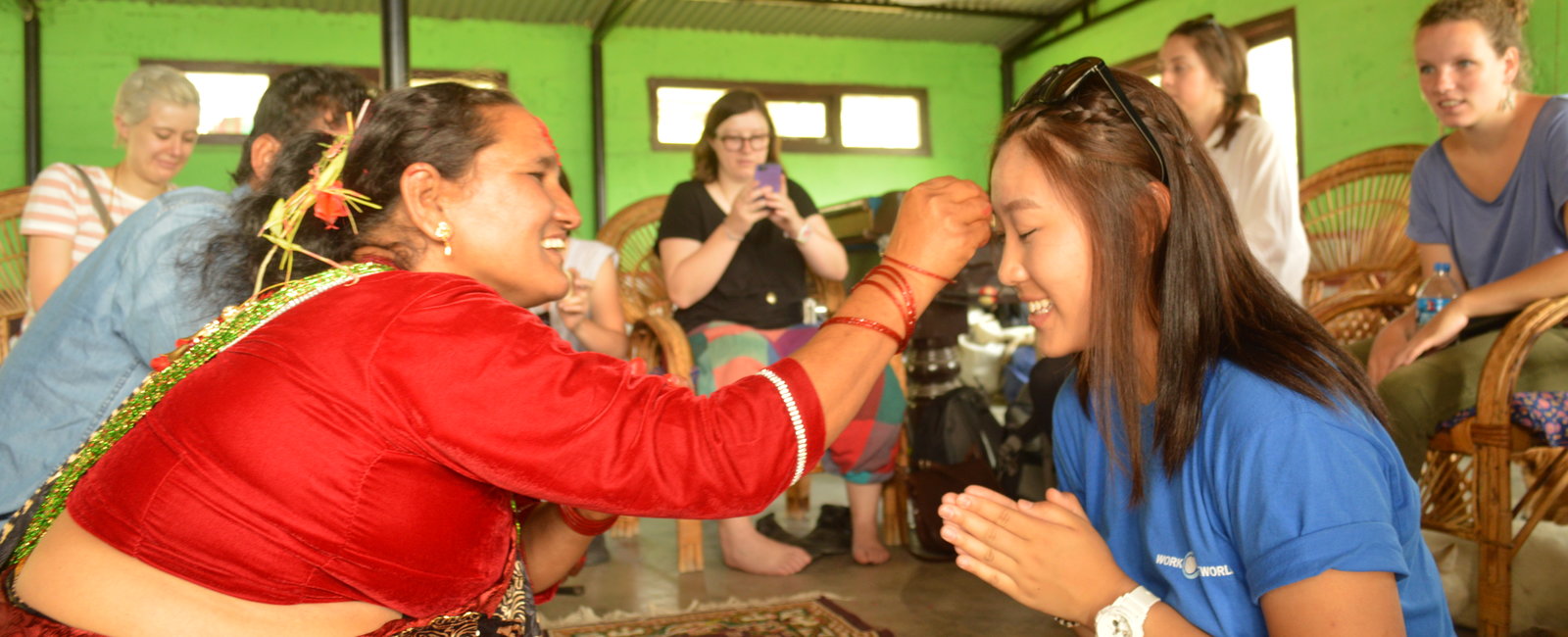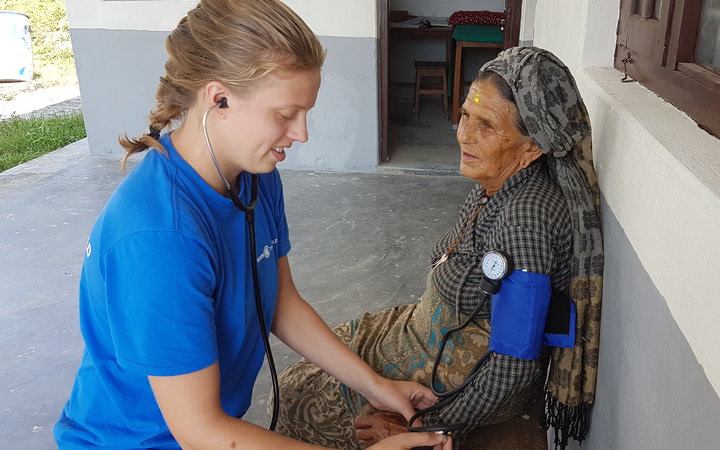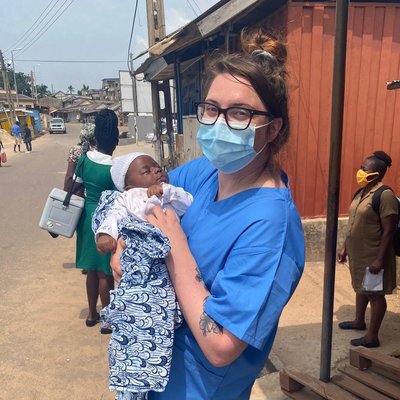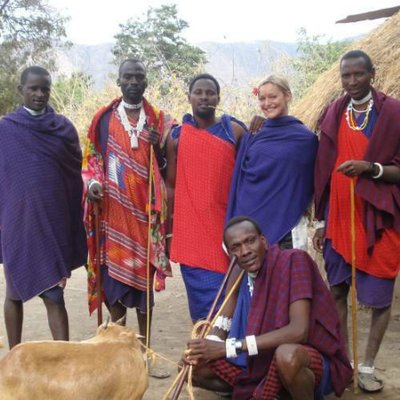Swahili is a fun and highly accessible language. Almost all students return from their trip to Tanzania wishing they had spent a little more time before arrival learning some basics. Of course learning a language takes time, so I would like to direct you to a range of really useful and fun words you can use from day one with our staff and locals.
Have fun with these words. Tanzanians are really patient and supportive of any foreigner trying to say a few words. I guarantee you that everyone you meet will love you for attempting even the most basic phrase in the local language…
So let’s start with the all-important ways to say cool, awesome, great, amazing etc. You can use these words interchangeably and they are all pretty simple, catchy words that will fit into many settings; from answering how you are, how a movie was, how your day was etc… you get the idea.
(Swahili pronunciation is simple and like Spanish, sounds are always constant unlike English when letters can take different sounds)
- Poa! - (Pronounce it like 'toe' but with a P, and then a strong 'ah' sound)
- Bomba! - (Bomb then ba, like ba ba black sheep!)
- Shwari! - (shwa then pronounce ri like re in re-do)z
- Mzuka! - (Um, zoo, car)
- Babu Kubwa - (It literally translates as “big daddy” . Pronounce it like bab with out the u sound)
- Nzuri Kabisa - (Nzuri on its own means good – but that’s a bit boring, so just add Kabisa to add the nuance of completely/ totally)
- Safi Kabisa - (similar to Nzuri and a favourite of Barny, the Lake Victoria Programme Manager)
Now here is a very useful phrase that will make the Work the World caterers smile. Students often comment on how amazing the food was in the house during their stay, here is how to let them know that you think it is delicious:
- Chakula Kitamu Sana [literally translates as: food – sweet – very]
Or to say that you loved the meal:
- Na penda sana chakula hiki [I - like/love – very - food - this] Remember “hi” is pronounced like “he” and “ki” like “key”
Finally for today’s post, a few useful words for bartering in the market or with taxi drivers:
- How much is it? - Bei gani [Price – what?]
- What! That is too expensive! – Ala! Ghali Mno! [ ! – expensive – too]
- Give me a discount, buddy – Rafiki, punguza bei [friend – discount – price]
- I’ll give you 2000 shillings – ni ta lipa elfu mbili shilingi [I – will – pay – thousand – two – shillings]
- Cheers, bro! – Asante sana, kaka [Thanks – very – brother]
Have a practice of these phrases every so often and I will add some more posts soon. In future posts I plan to introduce some basic grammar so you can construct some simple sentences (it’s really straightforward) and also give some more useful vocabulary you can use every day.
Bahati njema! Good luck!
To find out how you can travel overseas for a clinical placement with us, choose your area of study here.








